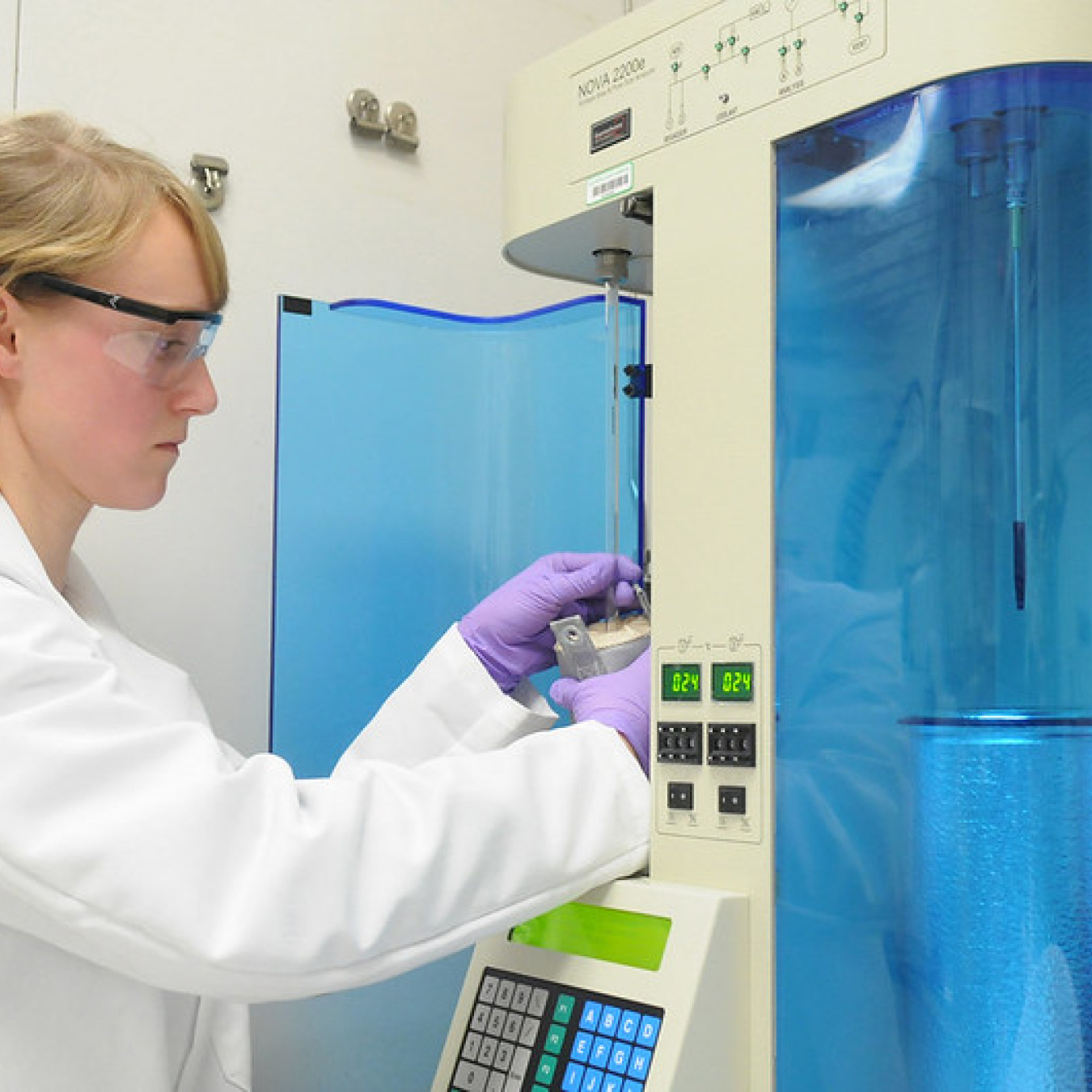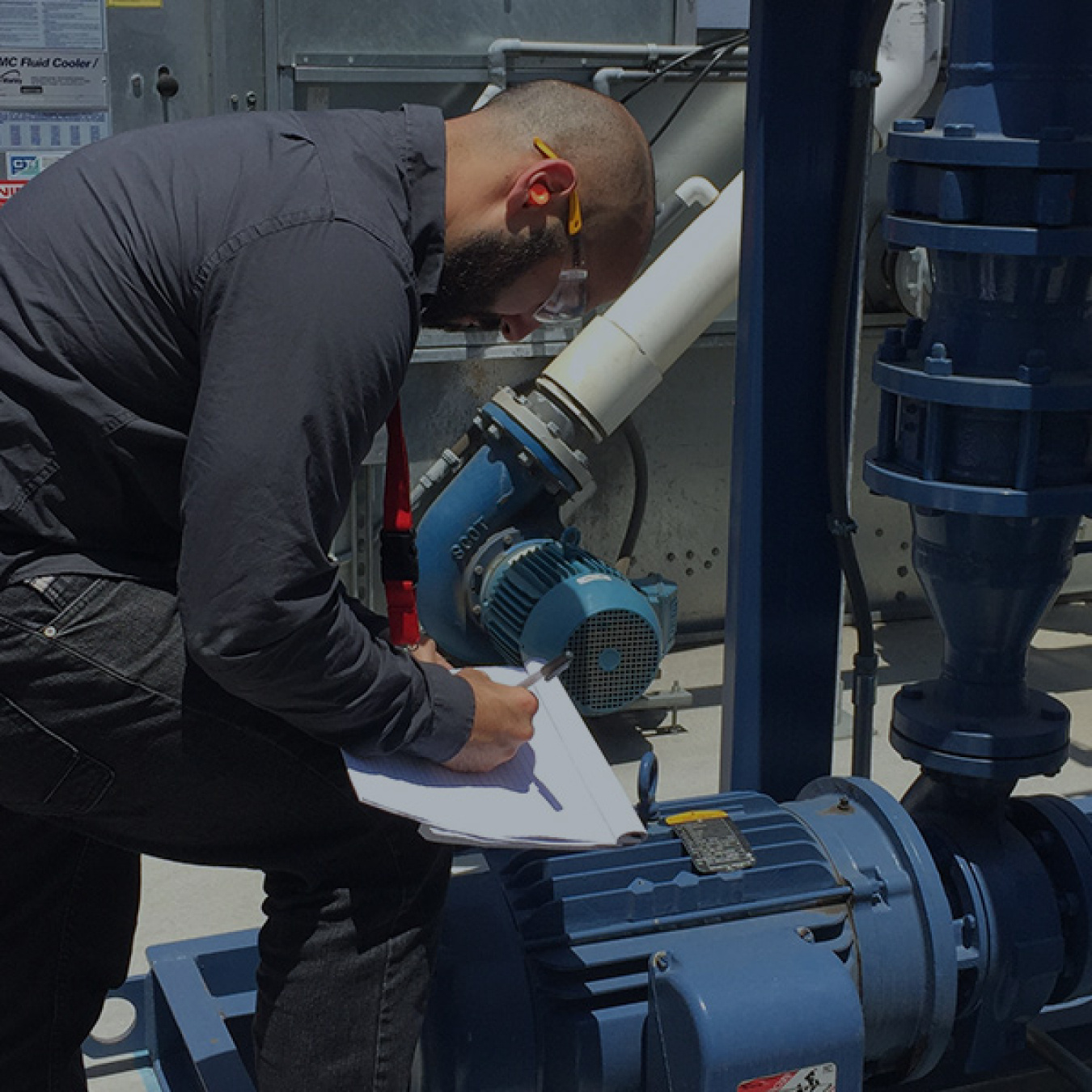What Is Industrial Efficiency?
Innovative efficient industrial technologies require less energy to perform the same or similar function as current technologies.
A particularly important opportunity to improve efficiency is in developing technologies to recover, store, and/or use waste heat. In 2018, 12 quadrillion British thermal units (quads) of thermal energy were used onsite in the manufacturing sector in 2018, with 7 quads of total energy lost as waste. While energy losses cannot be brought to zero, limiting losses and reducing final energy demand both offer pathways to boost manufacturing and reduce costs.
Why Is RD&D in Industrial Efficiency Important?
In 2020, the U.S. industrial sector accounted for about one-third of the nation’s primary energy use. Without intervention, industrial sector energy demand could grow 30% by 2050, according to data from the Energy Information Agency.
Adopting efficient industrial technologies allows manufacturers to:
- Lower costs, raise productivity, and improve shareholder value
- Improve performance
- Create efficient products and market opportunities
- Improve their competitive position
- Attract top talent looking to work for a company aligned with their values
Ensure better community relations and an overall better reputation with consumers.
ITO Research in Industrial Efficiency
The Industrial Technologies Office (ITO) supports the research, development, and demonstration (RD&D) of technologies that reduce primary energy demand and minimize losses.
Technology areas pursued by ITO include:
- Process intensification to combine separate unit operations into a single technology, resulting in a more efficient and more economical manufacturing process
- Efficient technologies with applications in multiple industries
- Low- or no-heat process technologies which achieve similar end products to current processes while utilizing significantly less thermal energy, such as mechanical separations or electrochemical processes
- Flexible combined heat and power (CHP), which generates electricity and heat on-site and allows the ratio of electricity to heat to be varied as needed
High-efficiency process heating systems, which can upgrade waste heat to useful temperatures using a relatively small amount of energy, ultimately resulting in net energy savings.



